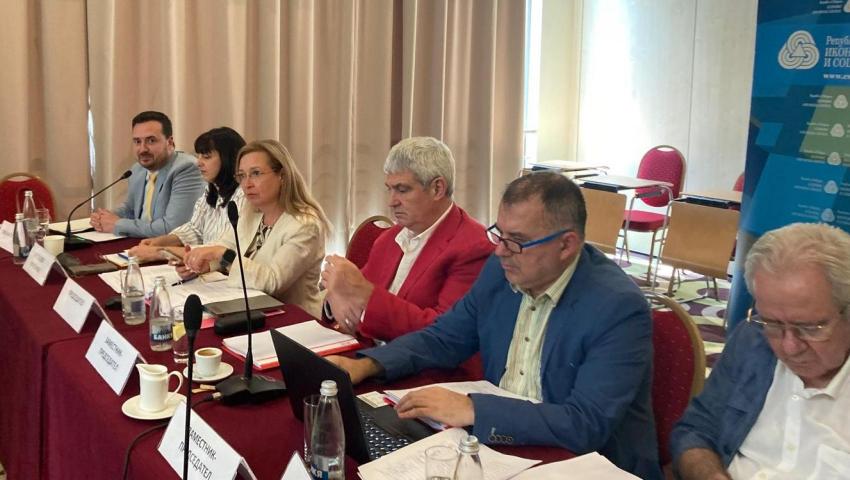ESC proposes to take measures for the protection of household consumers by liberalizing the electricity market

The liberalization of the electricity market exposes household consumers to the risks of rising and volatile electricity prices, loss of welfare and even energy poverty. Measures are needed to overcome the possible risks expected from the liberalization of the market, measures for energy efficiency and a mechanism to deal with energy poverty in Bulgaria.
This is stated by the Economic and Social Council of the Republic of Bulgaria (ESC) in an analysis on the topic "The free electricity market: Problems and challenges, measures to increase energy efficiency in support of households". The analysis, which was adopted in a plenary session by the ESC, was developed on the council's own initiative, offers concrete solutions and policies and focuses on household consumers in a situation of energy poverty.
Among the recommendations is the development of a package of measures aimed at households that do not fall into the category of energy poor. It should contain mandatory protection clauses in commercial contracts, for example on the right to change and terminate the contract, the right to information about the energy mix of the relevant trader and protection against passing on balancing costs, as well as model contracts developed by the Ministry of Energy with hard and hourly rate. In addition, electricity suppliers should offer not only floating but also fixed tariffs, following the European Commission's proposal for a "right to fixed price contracts" and introducing a ban on unilateral changes to the contract during its validity period.
ESC also recommends that upon liberalization of the electricity market, base prices should be determined by EWRC, instead of the Council of Ministers, using a methodology that takes into account the costs of electricity production, in order to preserve the control functions of the regulator. The Council provides recommendations and efforts to direct initiatives that stimulate energy-efficient investments and energy-efficient behavior, with a focus on households in a situation of energy poverty. For example, a differentiated approach to them and 100% free financing from the state for renovating their homes. According to data from the analysis, the centralized energy renovation of residential buildings is insufficiently efficient - only about 4.5% are renovated dwellings with 100% public financing. ESC also offers another approach - creating financing schemes for switching to a higher energy class of a home or building, so that if a specific result is achieved, the household will benefit from a subsidy, and if it is an energy-poor family, the free subsidy will be in size 100%.
At its plenary session, the ESC also adopted the Opinion "Accelerating the development of the social economy in Bulgaria in response to modern challenges". The opinion states that the country has significant unused potential for the development of the social and solidarity economy. Against the background of 6.3% paid employment in the social and solidarity economy on average for the EU, Bulgaria reaches only between 1% and 2.8% employed according to various sources. In the same way, the share of the social and solidarity economy in the GDP on average in the European Union is 8%, while in Bulgaria it is 0.3-0.4%.
In order to overcome these differences, the ESC makes recommendations for specific measures that the Bulgarian institutions can take in order to enable disabled and disadvantaged people to find their fulfillment in the country.
